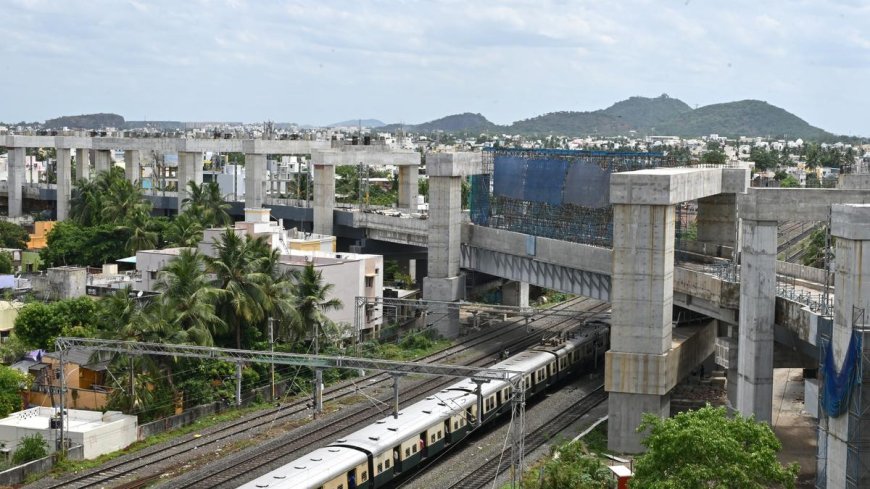Is India the world’s fourth largest economy?

Is India the World’s Fourth Largest Economy?
Breaking News, Daily Updates & Exclusive Stories - asarkari
Is India on the verge of cementing its status as the world's fourth-largest economy? Recent studies and statistics suggest that India is indeed poised for this significant milestone, ranking just behind the United States, China, and Japan. However, while Gross Domestic Product (GDP) is often hailed as a key indicator of a country's economic success, it does not always paint a complete picture of the societal well-being of its citizens. In this article, we explore what this ranking means for India's development and the nuances behind interpreting economic indicators.
The Current Economic Landscape
As of 2023, India's economy has shown remarkable growth, projected to expand further. According to the International Monetary Fund (IMF), India's GDP reached approximately $3.7 trillion, making it the world's fifth-largest economy, closely contending with Germany. Analysts predict that, if the growth trend continues, India may soon surpass Germany and occupy the fourth position in the global economy.
The rapid growth has been attributed to various sectors, including technology, services, and manufacturing. The government's initiatives, like "Make in India" and "Digital India," aim to bolster industrialization and technological advancements, further enhancing the country's economic output.
What GDP Doesn’t Tell Us
While GDP provides essential figures, relying solely on this metric can be misleading. As highlighted in recent discussions, the GDP of a country tells us very little about how its people live and work, how healthy or educated its people are, and how unequally its aggregate income is distributed.
Indicators such as the Human Development Index (HDI), literacy rates, healthcare accessibility, and income distribution provide a more rounded view of a nation's health and vitality. These indices help in meaningfully measuring economic performance and social progress, revealing stark contrasts in the development levels across different regions within the country.
The Human Touch in Economic Growth
In a rapidly growing economy like India, the disparity in income distribution raises concerns. The wealth generated does not always trickle down to all layers of society. Regions like urban metros flourish, but rural areas often lag in basic amenities, education, and healthcare. This disparity prompts the question: Can economic ranking achieve any real value without focusing on holistic development?
Additionally, social progress indicators such as job creation, child malnutrition rates, and women's empowerment are as critical as GDP figures. A more nuanced evaluation could depict a scenario where India is rich in resources but falters in providing equitable living standards for all its citizens.
The Path Forward
As India aspires for global prominence, it must prioritize investment in education, healthcare, and sustainable development. Understanding that economic growth must be inclusive is key. This can further enhance the quality of life for millions and ensure that India’s rise is not just numerical but also human-centric.
In conclusion, while India is on track to possibly claim the title of the world’s fourth-largest economy, the overall quality of life and equitable income distribution remain vital benchmarks. Until significant progress is made in social indicators, the country must strive for inclusive development that connects economic performance with the true wellbeing of its citizens.
For more updates, visit asarkari.com.
This analysis reflects the complexity of economic measurement and the need for a sophisticated approach to understanding growth in a nation like India.
Keywords:
India economy, fourth-largest economy, GDP, economic indicators, social progress, Human Development Index, inclusive growth, economic performance, income distribution, sustainable developmentWhat's Your Reaction?
 Like
0
Like
0
 Dislike
0
Dislike
0
 Love
0
Love
0
 Funny
0
Funny
0
 Angry
0
Angry
0
 Sad
0
Sad
0
 Wow
0
Wow
0










































